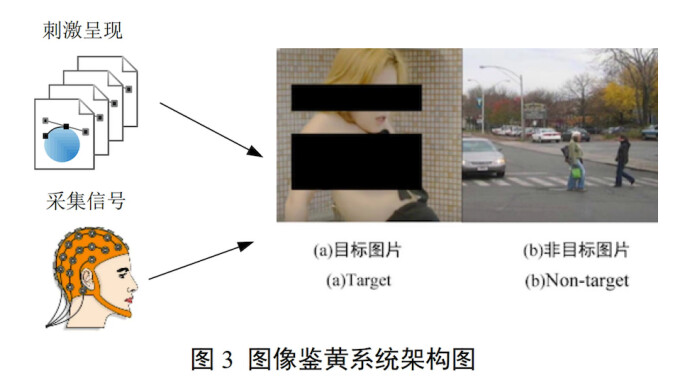BEIJING — A Chinese research team claims to have created a “mind-reading device” that detects “porn watching,” which could be used by police to enforce the country’s strict laws against sexual expression.
An electrical engineering team at Beijing Jiaotong University “combined the power of humans and AI to create a prototype device that sounds an alarm when an indecent image appears,” the South China Morning Post reported this week.
The researchers released images purportedly showing a data set of sample images used to train what they termed a “porn police helmet that can read people’s minds to detect pornography.”
The helmet-like device, the South China Morning Post reported, “could speed up the work of censors trying to spot indecent images on the Chinese internet” and when worn by a subject “can pick up a spike in the brainwaves triggered by explicit content.”
Fifteen male university students aged 20-25 volunteered to wear the item in front of journalists.
“Each time a sensitive photo appeared, an alarm went off,” the paper reported.
Clarifying his team’s invention to facilitate online surveillance, Xu Jianjun, director of the electrical engineering experiment centre at Beijing Jiaotong University, wrote in a peer-reviewed paper published by China’s Journal of Electronic Measurement and Instrumentation earlier this month that the device is suitable for "bad information detection."
China employs a small army of professional state censors, known as “jian huang shi" or “porn appraisers,” to monitor videos and photos posted on the internet or social media platforms.
According to Xu, the “police helmet” is intended “to use the combined power of human and machine to achieve greater precision and efficiency.”
The Cyberspace Administration of China, charged with “monitoring all public information,” defines objectionable material, including what it considers "porn" and even “soft porn,” as “serious content prohibited by national law.”








